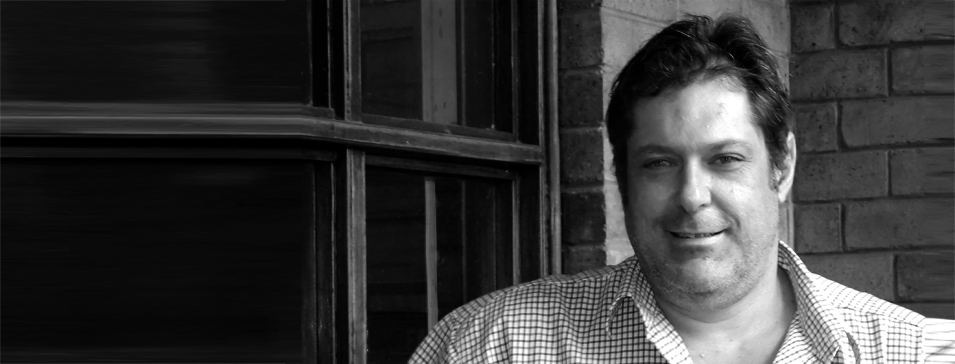Latest News Archive
Please select Category, Year, and then Month to display items
12 October 2020
|
Story Arina Engelbrecht
|
Photo Supplied
 Arina Engelbrecht from Organisational Development and Employee Well-being believes physical activity has a number of benefits for one’s health, including stress relief.
Arina Engelbrecht from Organisational Development and Employee Well-being believes physical activity has a number of benefits for one’s health, including stress relief.
Being physically active plays a big role in preventing the development of mental-health problems and in improving the quality of life of people experiencing mental-health problems.
Treatment for depression
Physical activity can be an alternative treatment for depression. It can be used as a stand-alone treatment or in combination with medication and/or psychological therapy. It promotes all kinds of changes in the brain, including neural growth, reduced inflammation, and new activity patterns are formed that promote feelings of calm and well-being. It releases endorphins – powerful chemicals in the brain that energise your spirit and make you feel good.
Physical activity can be very effective in relieving stress. Research in adults has found that physically active individuals tend to have lower stress levels compared to individuals who are less active. It also leads to improved sleep. When a person sleeps better and feels more rested, overall quality of life improves. They cope better with daily life stressors.
Reduce Alzheimer's risk
Regular physical activity can reduce your risk of developing Alzheimer's disease by up to 50%. It can also slow down further deterioration in those who have already started to develop cognitive problems. It stimulates the brain’s ability to maintain old connections as well as to make new ones.
A study asked people to rate their mood immediately after periods of physical activity (e.g. going for a walk/run, cycling, doing housework) and periods of inactivity (e.g. reading a book or watching television). Researchers found that participants felt more content, more awake, and calmer after being physically active compared to after periods of inactivity.
In conclusion, people who are physically active feel a sense of well-being, feel more energetic throughout the day, sleep better at night, have sharper memories, and feel more relaxed and positive about themselves and their lives.
“Being physically active not only changes your body, it changes your mind,
attitude, and your mood.” – Arina Engelbrecht
An astrophysics pioneer at Kovsies
2014-01-05
 |
| Prof Pieter Meintjes |
Over the last decade Prof Pieter Meintjes’ strong background in astrophysics led to the development of a course of excellence at the University of the Free State.
Today we present an Astrophysics degree at our university, from first-year courses to PhDs.
Meintjes matriculated at the Sybrand van Niekerk High School in Sabie and completed a BSc in Physics and Mathematics at the North-West University in 1988. In 1990 and 1993 he respectively obtained his MSc and PhD in Physics from the same university.
Hereafter he spent a post-doctoral year at the Max Planck Institute for Space Science near München in Germany. In January 1997, Meintjes was appointed as a senior lecturer at our university’s Department of Physics. He was promoted to Professor in Physics in 2008.
Prof Meintjes is a member of the South African Institute for Physics (SAIP) and during 2002-2004 he was also co-chair of the astrophysics and space science group of SAIP. He serves on the executive committee of the National Astrophysics and Space Science Programme (NASSP) and is often a visiting lecturer at the University of Cape Town. He is a NRF-supported researcher and author and co-author of 70 publications in high-profile international journals and published conference issues.
During 2011-2013 he successfully delivered three PhD students along with one MSc student. His PhD students also delivered addresses at international conferences in Champery (Switzerland), Heidelberg (Germany), Paris (France), Barcelona (Spain) and Milan (Italy), Cape Town and the Kruger Game Reserve.
Over the last two years he has also been the author and co-author of six publications in Monthly Notices of the Royal Astronomical Society (MNRAS), as well as various publications in the Astrophysical Journal in support of the international planet search programme. A further 12 publications also came forth from Meintjes’ international conference contributions.
During the recent H.E.S.S. meeting in Namibia, Meintjes was appointed as the latest member of the highly-regarded international cooperation with H.E.S.S.
His membership of the H.E.S.S. group is due to his knowledge on gamma rays, which entails research on high-energy astrophysics.